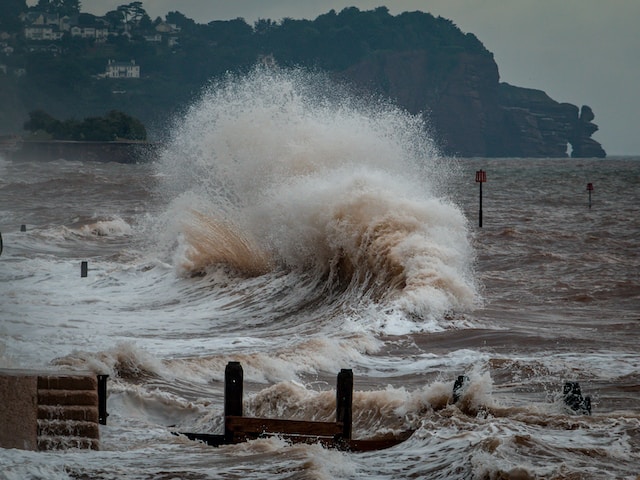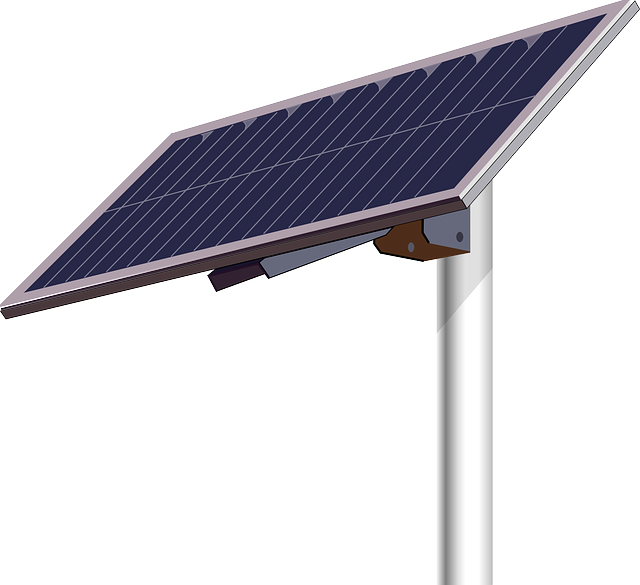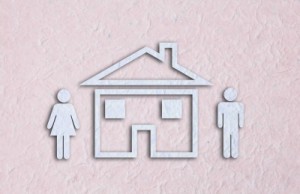
This article also appears in my personal blog https://www.geraldmorse.com but I also think it is appropriate here.
What is Prepping
This is not the typical article for my normally geeky self. However all the storms, floods, and wildfires happening this summer got me thinking about prepping.
Prepping has been around for decades. It got a little more attention with a television show a few years back. At its most basic form prepping is simply preparing for a disaster or the unknown. Those that prepare in this way are known as “Preppers.” Depending on who you talk to they are either really smart or just a little “nuts!”
Back in the fifties and for much of the sixties the US government wanted us all to be preppers. This was during the cold war and the fear was a nuclear attack by the Soviet Union. The government provided pamphlets and movies with direction for building your own fallout shelters. Many cities had fallout shelters in the basements of public buildings stocked with food, water and supplies.
When I was a youngster I remember nuclear attack drills in school. We were told to get under our desks, or sit in the hallways away from glass windows. It seemed all too real at the time and I remember coming home and trying to convince my Dad to start digging a fallout shelter in the backyard. The local shopping center even had a display from an enterprising company that sold pre-built fallout shelters that they could bury in your backyard, for a price.
The push to build fallout shelters has diminished over the years, but prepping seems to come and go in popularity. But it never goes away and there is always a selection of books, magazines and Internet sites offering advice.
What Kinds of Disasters?
Other kinds of disaster beyond nuclear attack have become more evident. These include things like hurricanes and storms, flooding, and wildfires. The threat of climate change has accentuated these threats. The Katrina hurricane disaster really showed how ill prepared we are as a country for a major disaster. And wildfires that leave hundreds or thousands of families homeless are unfortunately in the news almost every week.
My Take
So here is my take. It is just my opinion, so feel free to have your own!
Like many things the key may be moderation. I don’t think it pays or is even possible to prepare for the complete collapse of civilization. If things get as bad as some of the apocalypse movies I don’t know why you would want to be around anyway!
However, storms, flooding, and wildfires are real. And I’m sure there are other short term disasters that can occur that we haven’t even thought of. The key is “short term” I think. So being prepared with supplies for a couple weeks or a “go bag” with supplies for a few days might be reasonable.
How to Start
Again, this is just my opinion. I’m no expert.
Maybe start with a week or so of non perishable items. Make these things you actually use so you can rotate your stock. I’m thinking things like canned soup, tuna and canned meats, rice, and things like that. You can build up your stocks slowly so it doesn’t strain the budget. As you use up items, replace them so you always have fresh stock.
Possibly add a camp stove, flashlights, lantern, matches, and that sort of thing over time. Again these things could serve a dual purpose for camping and similar activities. Just keep things in good repair and make sure fresh batteries are available.
Another real practical item I think is a “go bag.” This can be a knapsack or duffle bag with basic necessities to last just a few days. This is especially needed if you live in an area that is prone to storms, flooding, or wildfires. Insidet can be a little food and snacks, change of clothes, and other necessities like prescriptions, diapers, maybe something to read, and small new toys to keep the kids happy. Sometimes when these short term disasters strike you may have to relocate quickly, and you don’t want to be fumbling around trying to find what you need.
So there is my take on prepping. What is yours?

